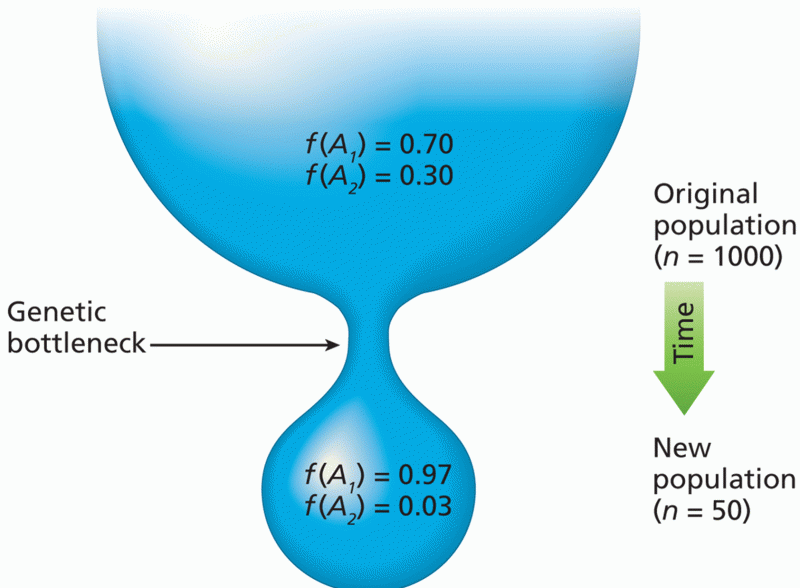|
|
|
In 2012, nearly 24 milliion Americans, aged 12 and older, had abused an illicit drug, according to the National Institute on Drug Abuse (NIDA).
It is important to read food labels and choose foods with low cholesterol and saturated trans fat. You should limit saturated fat to no higher than 6% of daily calories.
If all the neurons in the human body were lined up, they would stretch more than 600 miles.
IgA antibodies protect body surfaces exposed to outside foreign substances. IgG antibodies are found in all body fluids. IgM antibodies are the first type of antibody made in response to an infection. IgE antibody levels are often high in people with allergies. IgD antibodies are found in tissues lining the abdomen and chest.
Approximately 500,000 babies are born each year in the United States to teenage mothers.






![]Genetic regulation of the ara operon\\\\](https://biology-forums.com/gallery/46/medium_671907_22_02_23_10_19_16_46252655.gif)
